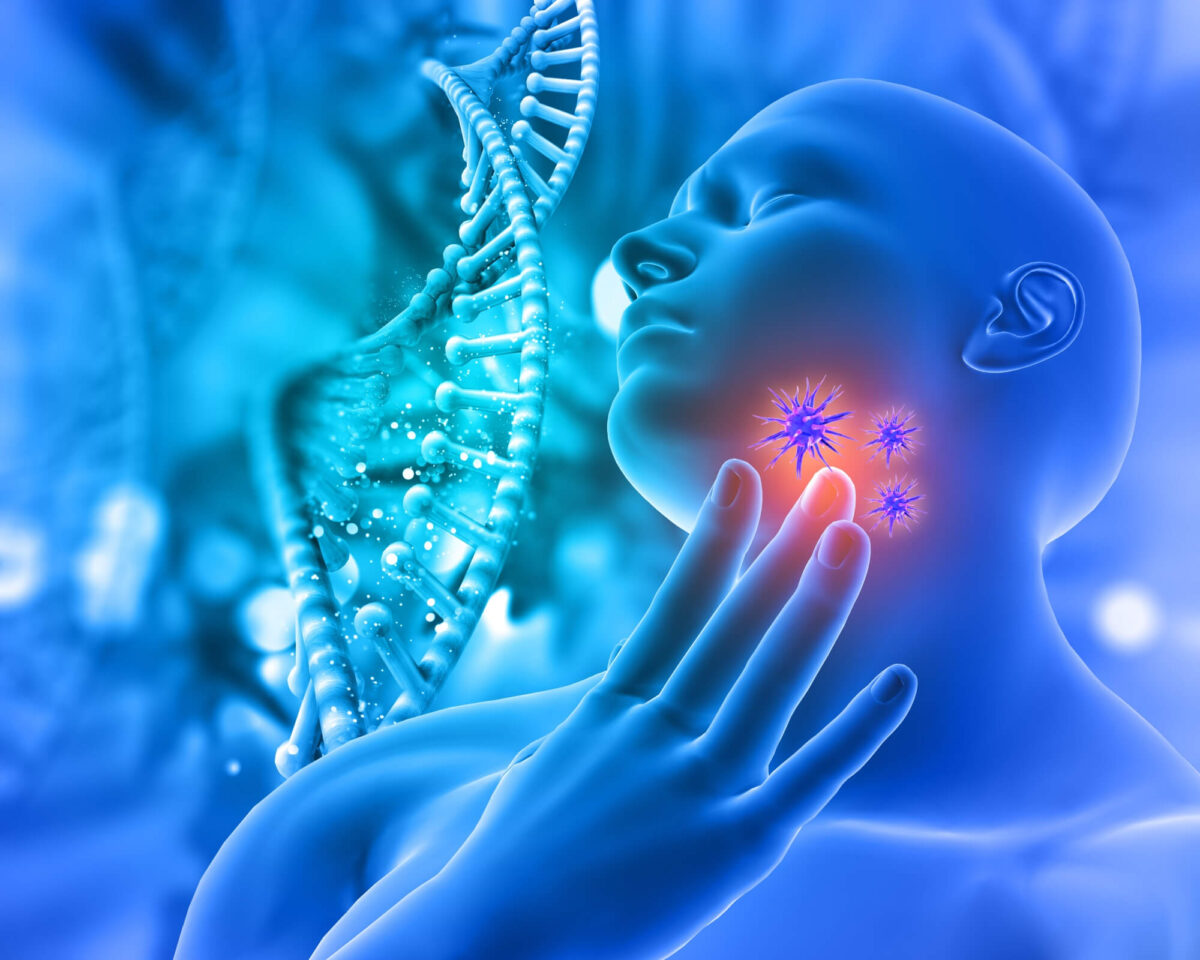
Gastroesophageal reflux disease (GERD) and laryngopharyngeal reflux (LPR) are common digestive disorders in the UK.
In fact, 1 in 4 adults in the UK experiences heartburn, a primary symptom of GERD. Additionally, over 1 in 3 adults report symptoms linked to LPR, often referred to as “silent reflux.”
Understanding the differences between GERD and LPR is crucial for effective management and treatment of the same.
Understanding GERD
GERD occurs when stomach acid frequently flows back into the esophagus, causing irritation.
Common symptoms include heartburn which is a burning sensation in the chest. Other symptoms include regurgitation of food or sour liquid.
Over time, GERD can lead to complications such as esophagitis, esophageal strictures, or Barrett’s esophagus, a condition that increases the risk of esophageal cancer.
What is LPR?
LPR, often referred to as “silent reflux,” involves the backflow of stomach contents into the larynx and pharynx.
Unlike GERD, LPR doesn’t always present with heartburn. Instead, individuals may experience throat clearing, hoarseness, a sensation of a lump in the throat, chronic cough, or voice fatigue.
These subtle symptoms make LPR challenging to diagnose, and if left untreated, LPR can lead to complications such as chronic laryngitis, vocal cord lesions, and an increased risk of laryngeal cancer.
Key Differences Between GERD and LPR
While both conditions involve acid reflux, their manifestations differ. GERD primarily affects the esophagus, leading to symptoms like heartburn and regurgitation.
In contrast, LPR impacts the upper airway, causing throat-related symptoms without the typical heartburn associated with GERD.
Additionally, GERD episodes often occur at night, whereas LPR symptoms are more common during the day.
Prevalence of GERD and LPR in the UK
GERD is a common condition, with research showing that 1 in 4 adults in the UK experiences heartburn regularly.
Similarly, over 1 in 3 adults report symptoms of LPR, making it a widespread yet often undiagnosed issue.
This high prevalence underscores the importance of awareness and proper management of these conditions.
Symptoms Comparison between GERD and LPR
GERD’s hallmark symptom is heartburn, an uncomfortable burning sensation in the chest. Other symptoms include regurgitation of food or sour liquid and difficulty swallowing.
Conversely, LPR symptoms are often respiratory or throat-related, such as chronic cough, hoarseness, throat clearing, and the sensation of a lump in the throat.
The absence of heartburn in LPR can lead to misdiagnosis or delayed treatment. Many people with LPR are unaware they have reflux at all, mistaking symptoms for allergies or respiratory infections.
Diagnostic Approaches
Diagnosing GERD typically involves evaluating symptoms and may include an endoscopy to examine the esophagus for signs of damage.
For LPR, laryngoscopy is often used to inspect the throat and voice box for signs of irritation or inflammation.
Additionally, pH monitoring can assess acid levels in both conditions, providing valuable information for accurate diagnosis.
A 24-hour pH test may be conducted to measure acid exposure in the esophagus and throat.This is especially useful in distinguishing GERD from LPR when symptoms overlap.

Treatment Methods for GERD and LPR
Managing GERD and LPR often begins with lifestyle changes. These include dietary modifications, such as avoiding trigger foods like fatty foods, caffeine, and alcohol.
Medications such as proton pump inhibitors (PPIs) and H2 blockers are commonly prescribed to reduce stomach acid production.
In some cases, surgical interventions such as fundoplication may be considered.
Potential Complications of GERD and LPR
If left untreated, GERD can lead to serious complications such as esophagitis, esophageal strictures, and Barrett’s esophagus.
LPR, though often overlooked, also carries risks. It can lead to chronic laryngitis, vocal cord damage, and even an increased risk of laryngeal cancer.
A good understanding of the distinctions between GERD and LPR is vital for proper diagnosis or treatment.
If you experience symptoms of either condition, consult a healthcare professional in Uk for guidance.
